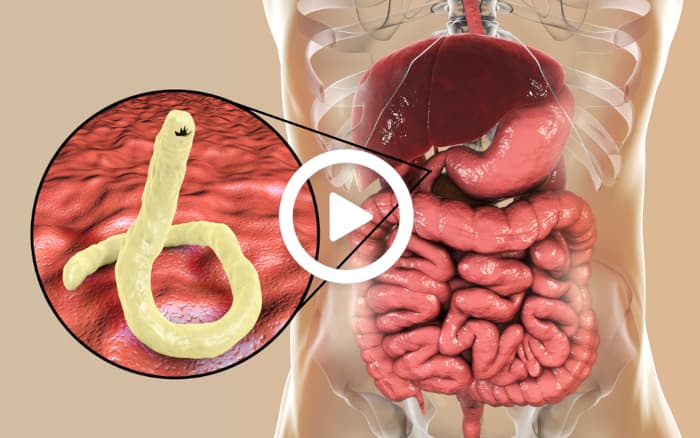The Slow Metabolism Myth Unveiled | Dr Steven Gundry
Have you ever been told that your sluggish metabolism is due to genetics, aging, or that troublesome menopause? Well, it's time to rethink what you thought you knew. In today's analysis, let's debunk some myths about metabolism that may surprise you.
The conventional wisdom often points fingers at genetic factors as primary influences on metabolism. While genes play a role, they don't dictate your body’s ability to turn food into energy entirely. Much of that process relies on your gut microbiome and the types of foods you consume. Processed foods, for instance, create blocks in turning food into energy efficiently.
Hormonal changes can indeed affect metabolism, but not as definitively as many believe. Conditions like hypothyroidism do have an impact, but generalized statements about stress hormones such as cortisol causing weight gain are misleading. Interestingly, during menopause, weight gain is more linked to changes in the microbiome rather than hormone fluctuations. Addressing hormone issues related to metabolism should focus on iodine intake and balanced dietary approaches that support gut health.
Does following a strict diet slow your metabolism? Contrary to popular belief, it doesn't adaptively slow. Instead, eating certain combinations of foods, especially highly processed ones, contributes to weight problems. Slow, steady weight loss planning and diets that cut down non-essential carbs help maintain metabolic health.
Good sleep is indeed key to keeping insulin resistance at bay rather than slowing metabolism. Sleep deprivation often leads to strong cravings for sugary foods. Also, there's debate about water consumption effects; it is essential for metabolic functions but excess water can dilute necessary electrolytes.
"Coffee and tea, thermogenic foods, uncouple your mitochondria to enhance your metabolism," says Dr. Gaudry.
Vitamin D plays a crucial part, behaving as a hormone more than a vitamin, impacting everything from gut health to heart disease prevention. It's exemplified by populations in sunny locales like the Blue Zone areas having lower incidence of chronic diseases attributed to sufficient vitamin D levels.
Everyday sun exposure without sunscreen, alongside a diet rich in vitamins and balanced nutrients, is encouraged, albeit cautiously.
- Consider sun exposure early or late for limited times.
- Explore vitamin D supplements, ensuring a comfortable level.
- If inadequate without milk, mushroom options abound.
Understanding what genuinely dictates a slower metabolism unlocks greater health potential and energy production. It's a journey involving diet evolution, adequate sleep practices, and vitamin forging rather than inheriting merely genetic destinies.
By acknowledging these mechanisms and demystifying misinformation, individuals harness better control over their metabolic health, crafting vitality beyond myths that constrain potential.
"Tell dose processed foods or skip beat morning toast while navigating facts, transforming metabolism maladies into health opportunities!" a participant emphasized post-discussion.
From Around The Web
Wellness Inbox is a blog & weekly newsletter that curates trending news and products related to health and wellness from around the web. We also gather content from various sources, including leading health professionals, and deliver it directly to you.
Please note that we may receive compensation if you purchase any products featured in our newsletter. Wellness Inbox is not affiliated with, nor does it endorse, any health professionals whose content may appear in our newsletter. The information provided is for general informational purposes only and should not be considered medical advice.
The information provided is not intended to replace professional medical advice, diagnosis, or treatment. All content, including text, graphics, images, and information available is for general informational purposes only. We do not guarantee the accuracy or completeness of any information presented and assume no liability for any errors or omissions. The content is subject to change without notice. We encourage you to verify any information with other reliable sources and consult your physician regarding any medical conditions or treatments.






